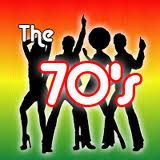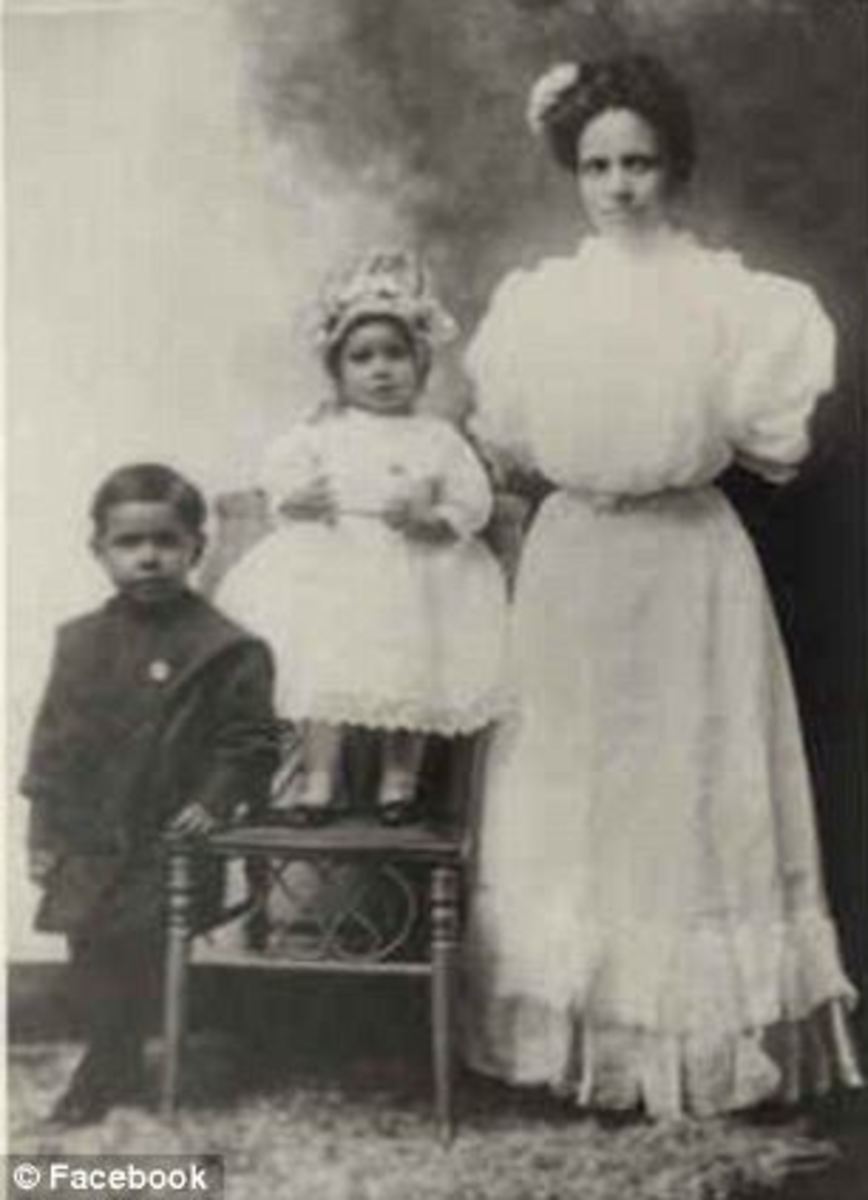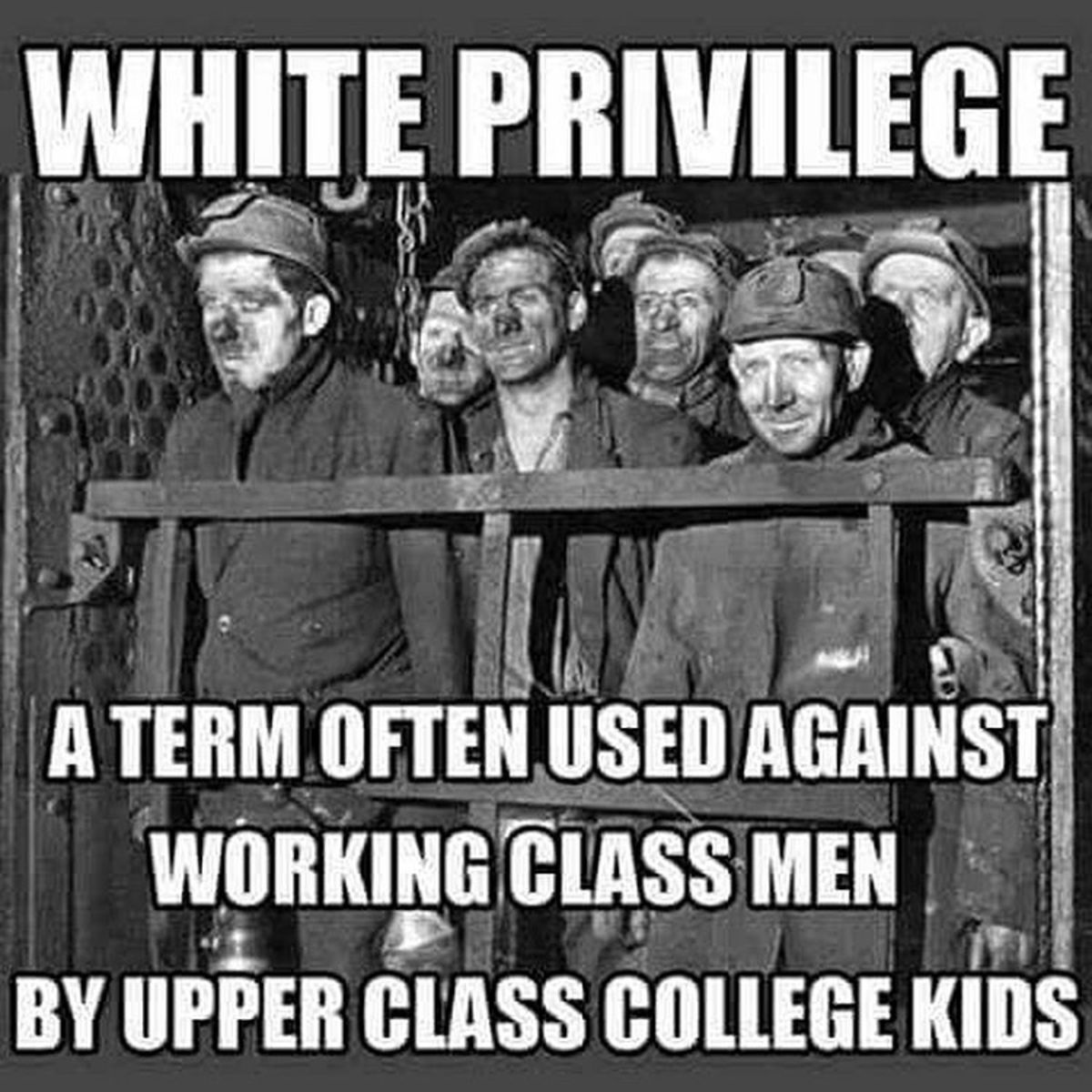In 1971 Things Were Different Than They Are Today - Not Better or Worse

Remember when:
As we get older it becomes easier and easier to look back over the early years of our lives and only remember the good things. Some may say the grass is always greener on the other side of the fence. But I suspect it is more accurate to say the grass is always greener the further you get away from the fence
Those teenage years. That unique time of life when we experience the highest ratio of freedom to lack of responsibility we will ever enjoy. You are beginning to venture beyond the reach of your parents, but you have few if any of the burdens of responsibility that characterize adulthood. It's easy to look back and long for those days. But before we que the violins and unleash the child within to roam among our cherished memories, allow me to remind you of some of the harsh realities of that simpler time, which for me was the early 1970s.
DISCLAIMER: The purpose of this hub is to make us feel good about where we are now - not to send us looking for the nearest ledge.
In 1971 the big technological breakthrough in the office was correct-o-type to erase mistakes on your typewriter, or more specifically the sheet of paper and possibly carbon paper over a second sheet of paper in your typewriter. Typewriters were electric, at least most of them. If a document had to be free of any corrections, you probably had to start over several times.
Most families had a color television and might have two. But they remembered having only black and white, if they didn't still have one. Oh, and there were only three channels, and you only saw full-length, commercial-free movies in the theater.
Gasoline was less than fifty cents a gallon, but they were just building interstate highways. Seatbelts were optional, and there was a national campaign to curb the common practice of throwing trash out the car window.
If you got cancer, you died.
You could get a laugh with a joke about beating your wife.
Nobody had ever heard of a microwave oven, a home computer, owning a copy of your favorite movie, or any kind of mail other that what you sent or received via the mailbox in front of your house.
College cost about $3,000 a year. And most everybody finished in four years.
We lost fifty thousand in Vietnam in a quarter of the time we were in Afghanistan.
You could buy a brand new corvette for $4,000, and it was common place for a person to buy a new car every two years. But you'd be lucky to make $10,000 a year in your first job out of college.
Everybody subscribed to the newspaper because there wasn't anything else. Well, we did have news magazines that came once a week by mail or on the newsstand. If you missed the national evening news, your next shot at it was 7 a.m. the next morning.
Presidents, presidential candidates, and social reformers got killed, sometimes on live television.
Everybody knew who you were talking about if you mentioned seeing Johnny or Walter last night.
You dressed up to fly on an airplane, but they crashed more often than they do today.
Girls wore dresses to school.
Stores were closed on Sunday.
There was this new thing called pantyhose so you no longer had to deal with garter belts.
Eight-track tapes were being replaced with cassettes. If you were really keeping up with the times in sound systems, you had reel to reel tapes.
"Bridge Over Troubled Waters" was new.
People smoked everywhere.
What have I missed?



